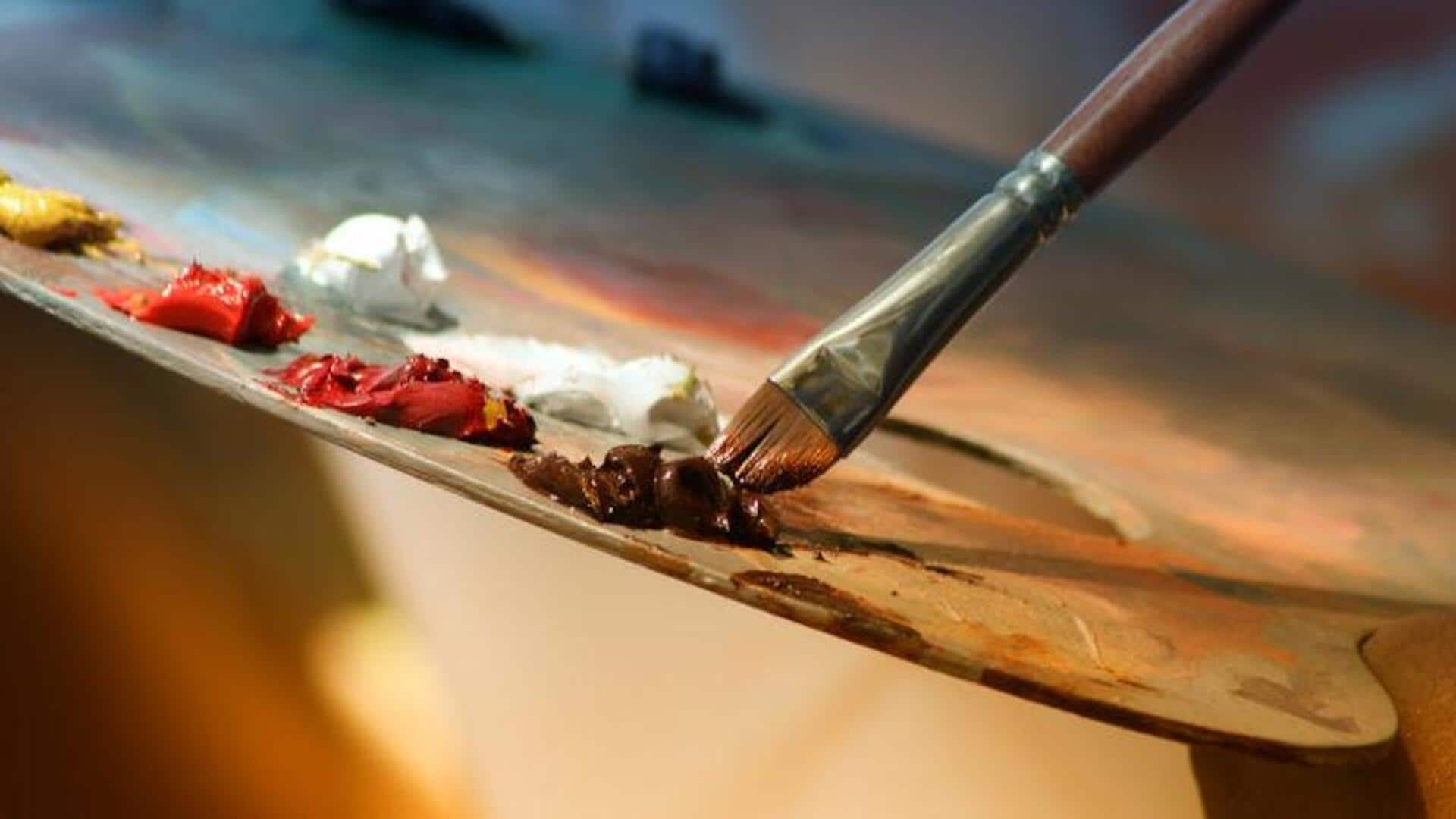
Delve into the world of concept artists
What's the story
Concept artists are the invisible architects behind the stunning visuals of your favorite movies, video games, and animations. They craft the initial blueprints for characters, environments, and objects, establishing the foundation for the entire visual experience. This article delves into the world of these artistic wizards, revealing the passion, precision, and perseverance that shape the entertainment industry's most memorable landscapes.
Evolution
Pioneers in digital artistry
The transition from traditional to digital mediums has revolutionized concept art. With tools like Adobe Photoshop and Autodesk Maya, artists can now bring their visions to life with unprecedented speed and detail. This shift not only increases efficiency but also expands the realm of creativity, allowing for the manipulation of textures and effects previously considered impossible.
Process
From sketches to screens
A concept artist starts by comprehending a project's requirements through briefs or scripts. They then create rough sketches of initial concepts, which are refined into detailed designs following feedback from directors or developers. These concepts serve as blueprints, directing teams throughout production, and maintaining a consistent style and vision across all visual aspects of a project.
Teamwork
Collaborative creativity
Concept artists frequently collaborate with other departments, including storyboarding and 3D modeling, to ensure their designs are practical and align with the project's vision. This collaborative process is crucial for preserving artistic continuity and addressing any logistical challenges that may emerge during production. It emphasizes that alongside artistic talent, communication skills are key in this profession.
Obstacles
Challenges behind the canvas
Concept artists grapple with the demanding task of designing original and immersive universes that captivate viewers. They walk a fine line between inventiveness and relatability, striving to create new worlds and characters that feel both exciting and grounded in reality. Plus, the ever-looming shadow of deadlines pushes them to generate amazing work at breakneck speed, requiring a perfect blend of creativity and time management.
Growth
Continuous learning curve
In order to keep up with the fast-paced industry, concept artists need to constantly improve their skills and adapt to new tools and technologies. Participating in online communities or attending workshops can help you stay updated on the latest trends and techniques. Plus, working on personal projects gives you the freedom to experiment with new styles or ideas without the limitations of commercial work.